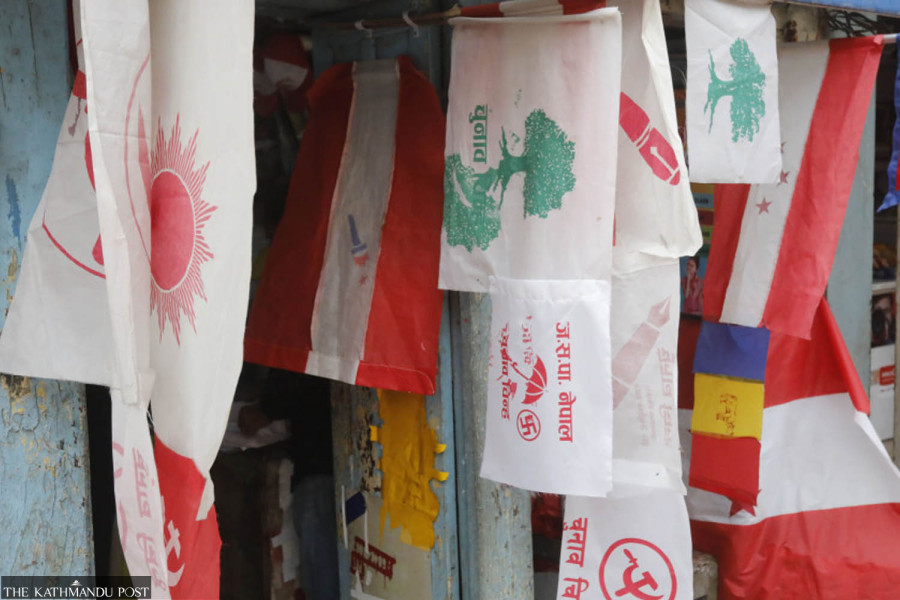Editorial
Honour the code
The idea of enforcing a code of conduct is to ensure that each party in the polls takes ownership of the electoral process.
Hardly had the aspirants for the November 20 parliamentary and provincial elections filed their candidacies than they began flouting the election code of conduct. The Election Commission’s code allows candidates for the House of Representatives and Provincial Assembly elections to campaign only from November 3, giving them 17 days of campaigning before polling day. As part of the code of conduct, the candidates are barred from organising marches, gatherings, media campaigns or door-to-door campaigning. However, many candidates seem to be in a hurry to influence people and lock in their votes, any way they can.
Candidates across the country, including those from the major political parties as well as independents, are reported to have begun canvassing for votes, failing to respect the most fundamental etiquette of participatory democracy. Those flouting the code seem confident that their wrongdoings will go unpunished, for the Election Commission has in the past failed to take action against such offenders. Nor are they worried that the people will mind their misconduct. After all, the culture of violating the code is so rampant across parties that people often cannot distinguish between good and bad actors. What the candidates are doing, though, is dishonouring the very system that allows them to participate in the democratic process.
The commission recently revealed that it was taking action against public officials who showed open support for certain electoral candidates. The poll body has made it clear that it is scrutinising social media, among other public platforms, to ensure that those expected to remain neutral in the electoral process are not canvassing for a candidate or a political party. Fair enough. But there are more important problems that merit the commission’s attention.
The flouting of the code of conduct is not limited to organising public programmes before time and amassing "likes" on social media. There are other ways in which candidates obstruct the process of fair elections, including by giving away money and goodies. In the past, candidates have also used children during canvassing, and blocked public transport when they organised gatherings.
The biggest fraud that candidates do is lie about their campaign expenditures, a problem that has kept the electoral process out of the reach of common Nepalis. It is an open secret that many candidates easily cross the Election Commission spending threshold. As they use informal channels to fund their campaigns, there is often no record of how much they get and how much they spend. Most of them also don’t submit their expenditure details to the commission—in the most recent local elections, 40 percent of the candidates failed to disclose their spending details, attracting huge fines from the poll body.
An election code of conduct is there not just for formality. It is a document that ensures free, impartial and transparent elections. It is thus vital that all stakeholders—candidates, observers, government officials, non-governmental organisations and voters alike—abide by it. Ultimately, the idea of enforcing a code of conduct is to ensure that each party concerned takes ownership of the process for the election’s broader legitimacy. In the spotlight of the electoral process, the candidates have a greater responsibility to adhere to the code. Yet they are the ones who are seen breaking the rules most of the time. This, in turn, adds to the public’s scepticism of the electoral process, and with it, the whole democratic system.




 13.12°C Kathmandu
13.12°C Kathmandu














